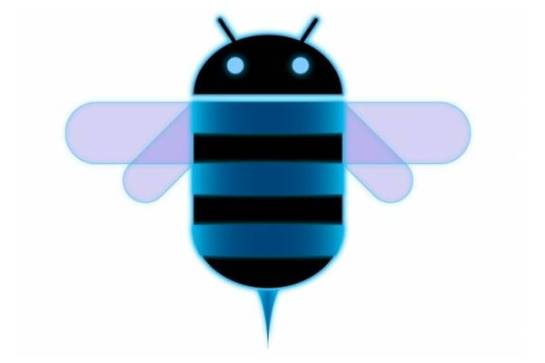5 Reasons Why Google Delayed HoneyComb Source Code Release
Google’s recent announcement to delay release of Android 3.0 Honeycomb source code to developers, has raised the question whether  Android is truly open. Critics argue that software can be either Open or Closed and should never be selectively open. In an e-mail statement to WSJ, Google claims that
Android is truly open. Critics argue that software can be either Open or Closed and should never be selectively open. In an e-mail statement to WSJ, Google claims that
“while we’re excited to offer these new features to Android tablets, we have more work to do before we can deliver them to other device types including phones. Until then, we’ve decided not to release Honeycomb to open source. We’re committed to providing Android as an open platform across many device types and will public the source as soon as it’s ready.”
Now that sounds reasonable, but are these the real reasons behind delays release of source code? Here are the 5 reasons we believe why Google had to take this decision
- Google Circles: Rumor suggests that Google has completed developing the Social Network service touted as Facebook killer “Google Circles” and might be releasing it anytime now. It is expected that the service will be built into the OS itself rather than available as an app. Google doesn’t want to release the code now which will have the components of Google Circles. It want to keep it under wraps and announce it in the coming weeks or months.
- Google Music Service: The same reasoning goes with Google Music service also, which is rumored to debut in the coming days. The OS might have some components related with this service and Google doesn’t want general public and competitors know about this service much before it debuts.
- IP Law suits: With a bunch of lawsuits already against Android, Google doesn’t want to reveal the source code now and invite a host of more IP violation law suits. It wants Honeycomb capture enough market share before getting into IP related troubles.
- UI experience: With critics slamming the recently released Xoom running Honeycomb for bad UI experience and buggy software, Google wants to tweak and refine the OS before releasing the code to general availability. It wants to avoid the glitches that users faced with Xoom, in its upcoming rumored Nexus Tablet.
- Finally as Google has suggested, it wants to avoid further fragmentation of Android with third party hardware manufacturers and developers using Honeycomb on Phone. Currently Android 2.x OS targets smartphones and 3.x targets tablets. Google wants to optimize 3.x so that it can be used in smartphones. If that’s the case, Google will discontinue 2.x OS for good.
Taking into account above reasons it’s clear that Google is slowly becoming a proprietary software company. Following in-house development of OS and then delaying the source code release even though products are released with the binaries are clear indication that Android is open no more.
